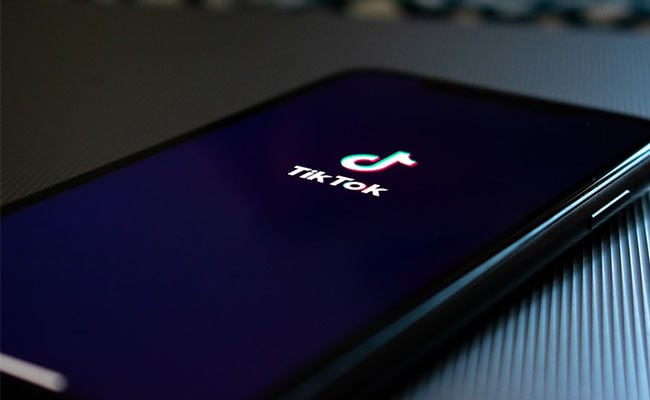China has a lot of experience with shutting other countries out, and less with being shut out itself. Now, India is turning the tables - and opening a new front in the Internet wars where access to information is treated as a weapon.
The government banned 59 Chinese mobile apps, including TikTok and WeChat, this last week, seemingly in retaliation for the killing of at least 20 of its soldiers along the disputed border between the countries high in the Himalayas. The reason provided was national security; officials said in a statement that the programs were "stealing and surreptitiously transmitting users' data" to servers outside India. The initial announcement was more sweeping: The barred services were "prejudicial to sovereignty and integrity of India, defence of India, the security of a state and public order."
Cyber sovereignty has long been a central component of the Chinese government's approach to the web, an approach it has been advocating to the rest of the world. Every nation, the thinking goes, ought to exercise control over the flow of information within its borders - and into or out of them, too. Every country, including democratic states, has an interest in some restrictions on an otherwise open internet: rules against illegal material such as child exploitation imagery, for example, or the prohibition of tools that pose cybersecurity risks. Yet many of the demands of authoritarian governments, justified in the name of techno-nationalism, are intended to constrict free expression and communication. These range from the wholesale blocking of global websites to insistence that data be stored locally.

TikTok is under a national security review in the United States over precisely that concern.
Viewed in this light, India's decision is both understandable and alarming. Answering China's provocations with economic rather than military measures is the responsible thing to do, and China set the stage for the splintering of the global Web when it erected its Great Firewall. Nor is it unreasonable for India to suspect that Chinese apps are transmitting data to that country's government - maybe not as a matter of course, but certainly if officials demand it. TikTok is under a national security review in the United States over precisely that concern. Yet going through a process to determine whether a specific risk exists for a specific company is different from cutting off access to dozens of services in one fell swoop as part of a physical turf war. What India has done turns its citizens' access to information, and the outside world into a geopolitical game chip to be leveraged against another country.
Almost one-third of TikTok's downloads came from India. This action will hurt China, in other words, but also more than 120 million Indians - not to mention the users of those 58 other apps. And though China's short-term interest may have been harmed, its long-term goal of a fractured Internet has been served. For those who live in countries inclined to ban web services from abroad, this fracturing of the Internet isn't only a fracturing. It's a shrinking, too.
Disclaimer: The opinions expressed within this article are the personal opinions of the author. The facts and opinions appearing in the article do not reflect the views of NDTV and NDTV does not assume any responsibility or liability for the same.
(Except for the headline, this story has not been edited by NDTV staff and is published from a syndicated feed.)


